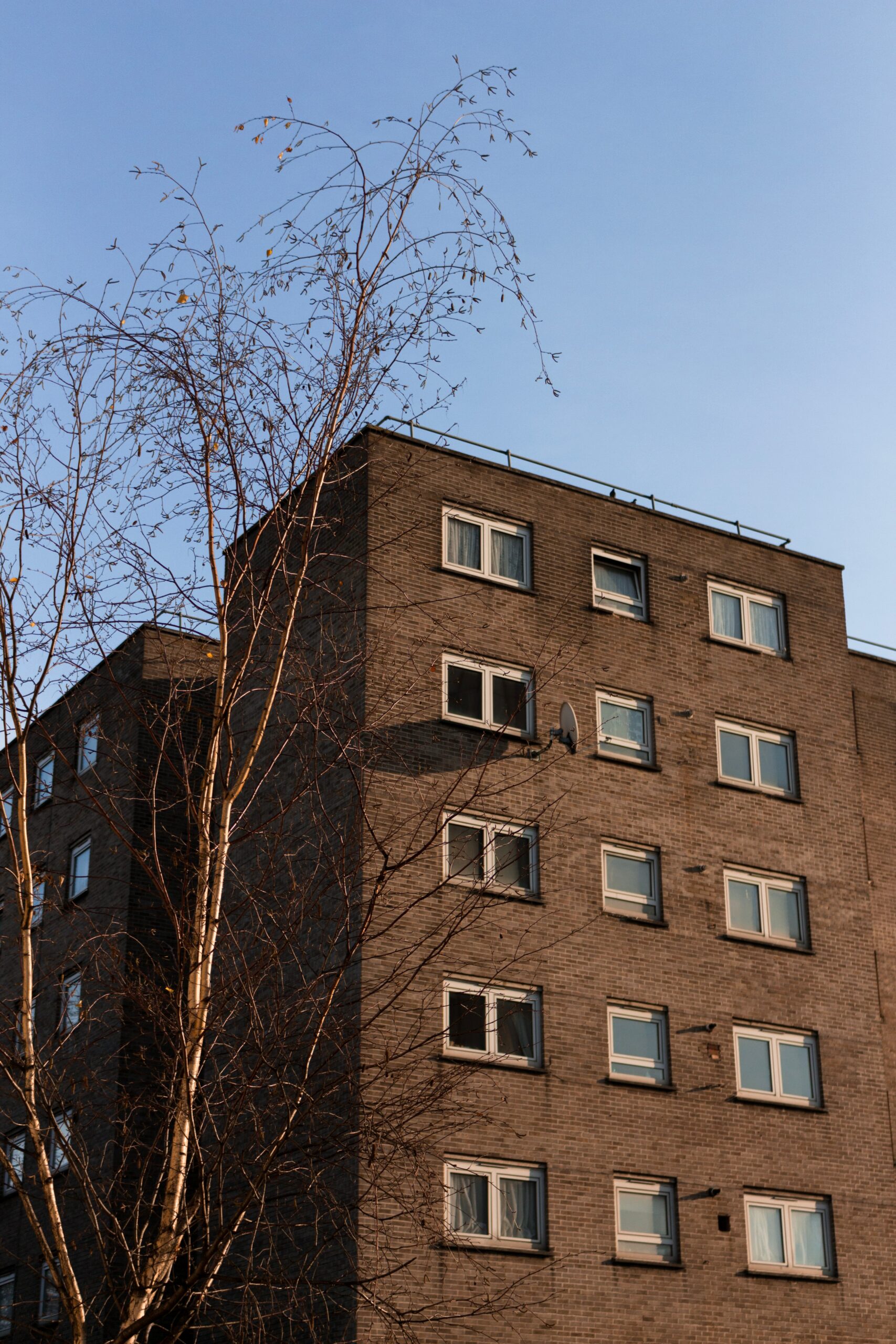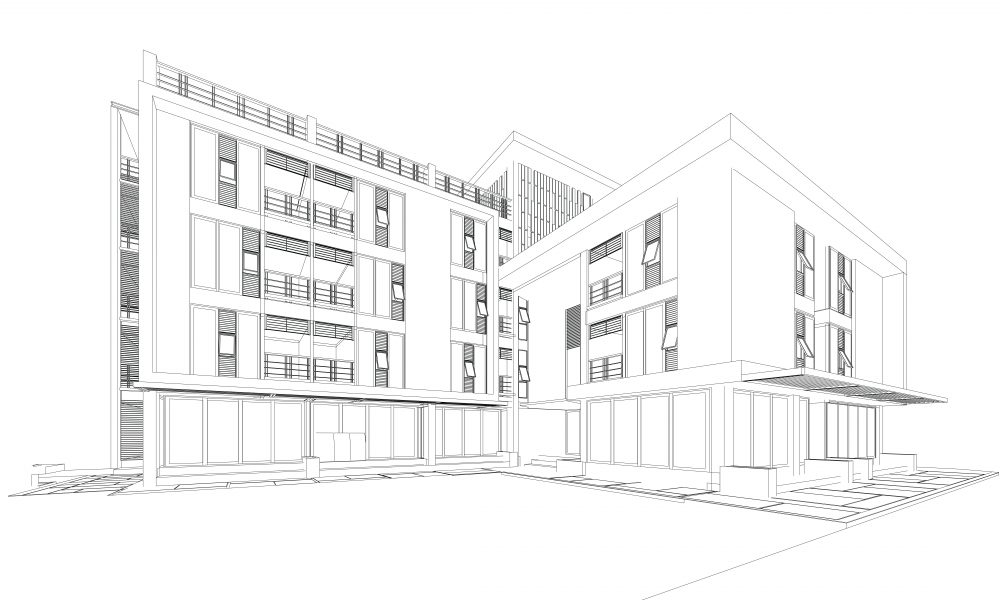Right to Manage (RTM) is a statutory right that gives leaseholders the ability to take over the management of their block. It is a popular option for leaseholders who are seeking to improve service standards and/or reduce costs, as it allows the newly formed RTM company to take control over expenditure and how the block is maintained and managed.
The right is exercised by serving a formal notice on the freeholder and any other relevant parties.
Brady Solicitors set out the pros and cons of Right to Manage.
RTM Pros – what are the advantages of RTM?
- Financial control. RTM gives leaseholders full control over all expenses. From block insurance through to maintenance and major works, you can negotiate your own deals and reduce costs.
- Service standards control. With RTM you have control over how your block is managed: when repair works happen, how often the grass is cut, what the maintenance programme should look like. And you can choose your own contractors.
- Fairness and equality. Each member of the RTM company has an equal vote and therefore voting and decision making is fair and equal.
- No compensation is payable to the freeholder. Because RTM is a statutory (ie: legal) right, leaseholders don’t have to pay compensation to the freeholder (such as a premium to acquire the right to manage)
- No need to prove any fault or wrong-doing. Leaseholders wanting to claim the right to manage don’t have to prove that the managing agent or freeholder has been negligent or otherwise incompetent.
RTM Cons – what are the disadvantages of RTM?
- Responsibility and time demands. With control over the management of your block comes responsibility. The larger the block, the more difficult it can be to find time to manage it alongside your personal and work commitments. You may wish to appoint a managing agent to assist you with the day to day running of the block and Brady Solicitors can help recommend suitable managing agents.
- Fire safety responsibility. With the right to manage comes the responsibility for fire safety matters, as these are taken over from the freeholder. Again, a managing agent can help here.
- Dealing with conflicts. Sometimes a conflict will arise between leaseholders regarding a decision by the RTM company. You will be responsible for ensuring that the RTM runs smoothly. It’s a good idea to get to know your fellow leaseholders before starting the RTM process and make sure you all have the same or similar ideas on how to manage the block. It is usual to hold a few initial meetings between leaseholders.
- Responsibility for service charge disputes. RTM companies need service charge monies to ensure they can manage the development. RTM directors need to be comfortable talking to a neighbour about their arrears.
- The RTM claim process is detailed and procedural. The RTM claim process can take some time and there are plenty of opportunities for error if procedures are not followed correctly throughout. Brady Solicitors are experts in this field and can assist you to overcome these hurdles.
- Can be expensive. Whilst there is no compensation due to the freeholder, leaseholders will be liable for the freeholder’s legal costs. And if the freeholder defends your claim – perhaps on a procedural point – leaseholders need to have a fighting fund to challenge this defence.
Right to Manage can be a very positive step for leaseholders who wish to take control of the management of their block and how their service charge monies are spent, but it’s important to enter into the process with your eyes open.





